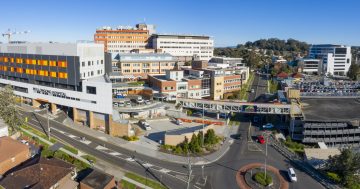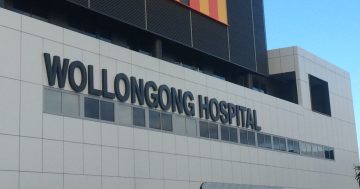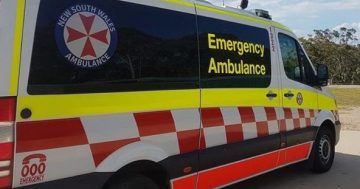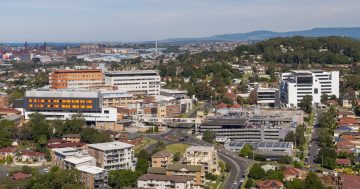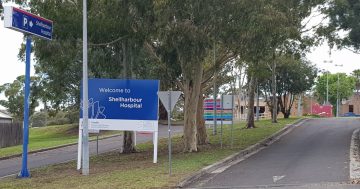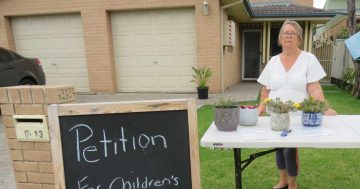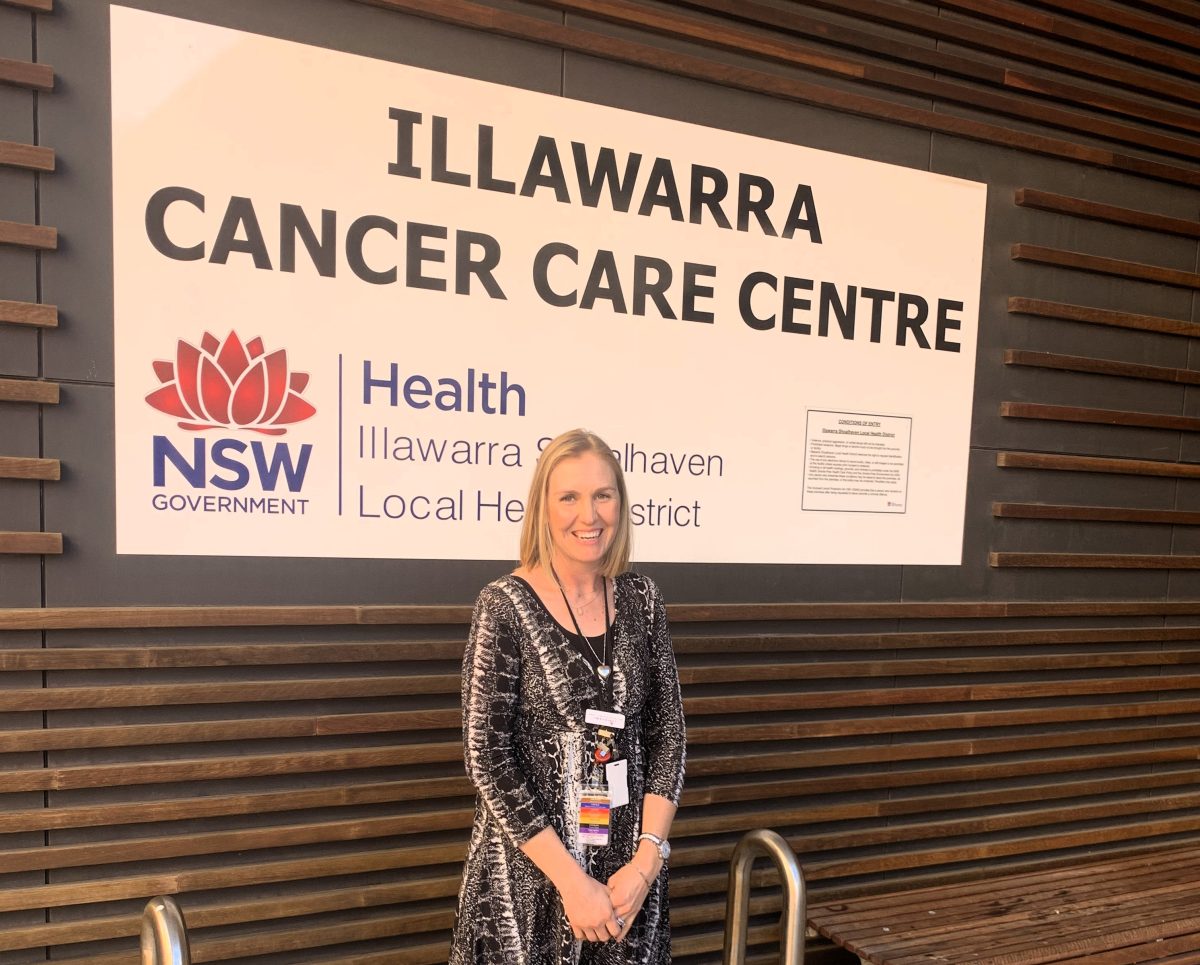
ISLHD Cancer Systems Innovation Manager Sarah Elliott is launching a new auditing tool to improve CALD patients’ experiences. Photo: ISLHD.
The cultural sensitivity of patient care in local cancer centres will soon be under the microscope, with the Illawarra Shoalhaven Local Health District (ISLHD) launching a new tool to assess and improve the experience of culturally and linguistically diverse (CALD) members of the community who use the service.
ISLHD Cancer Systems Innovations Manager Sarah Elliott said she identified potential gaps in the service for this group while working on a similar tool for the local First Nations population last year.
“It really shone a light on the fact that we were looking at certain groups within our community but not looking at others,” Ms Elliott said. And it planted the seed in my mind that we could also be doing this for CALD communities.”
She said the aim of the audit was to take a step back and assess how they could optimise the experience for this community and ensure patients were comfortable throughout what could often be a harrowing time.
“A great patient experience is not just about the great clinical care which we know we already provide here at Illawarra and Shoalhaven Cancer Care Centres,” Ms Elliott said. “It’s really about those other things, making sure people feel welcome and supported and included when they walk in the door.”
The project received a $50,000 funding boost from the NSW Government in the latest round of grants awarded to help improve the equity of outcomes for people affected by cancer from culturally and linguistically diverse backgrounds.
The ISLHD team hope to have a draft of the tool ready to go by the end of this year with consultation with important local cultural stakeholders.
“We have a consumer that’s sitting on our group who is part of the Sisters Cancer Support Group so she’s going to be our key cultural broker in terms of getting that engagement in community,” Ms Elliott said. “We’ll also work with our multicultural and refugee health service and they will help us connect with community groups and meetings that they already regularly hold and we’ll tap into those as they come up over the next six months.”
She said once they ensured the tool was efficient and had the best questions with the right length and wording, they would aim to revisit it annually to measure outcomes of any changes made.
“It will become part of our audit program that we do across the service already,” Ms Elliott said. “We regularly audit our services, things like hand hygiene and falls and how we’re going against those but not necessarily looking at how we’re going at more soft things within our service.”
But it will be likely that not all issues identified will be a quick fix and some may even be relevant to other services across ISLHD.
“We’ll grade things into tiers and see what are our quick wins, what are the things we can influence based on our day-to-day work and what are the things that we can then communicate to those in the district that sit above us and say we’ve identified this gap and this could potentially be something that could be done at a district level.
“Those would be things like recruitment practices, whether we have wording included in policies and procedures and training for staff, things that would be relevant across the whole organisation and not just for us in cancer services.”
Though the exact outcomes are yet to be seen, the development of this tool could benefit organisations outside our local area.
“To our knowledge nothing like this exists at the moment, so we’re hoping its applicability will be far and wide,” Ms Elliott said.
“There has been interest from other organisations that have heard that we’re doing this and that would be interested in piloting it with their own service once we’ve got something together.”
The program is funded until August 2025.









